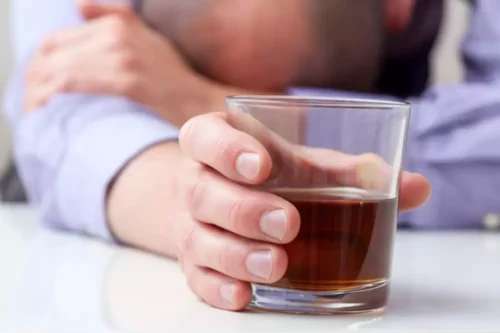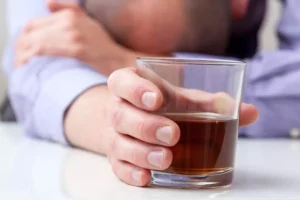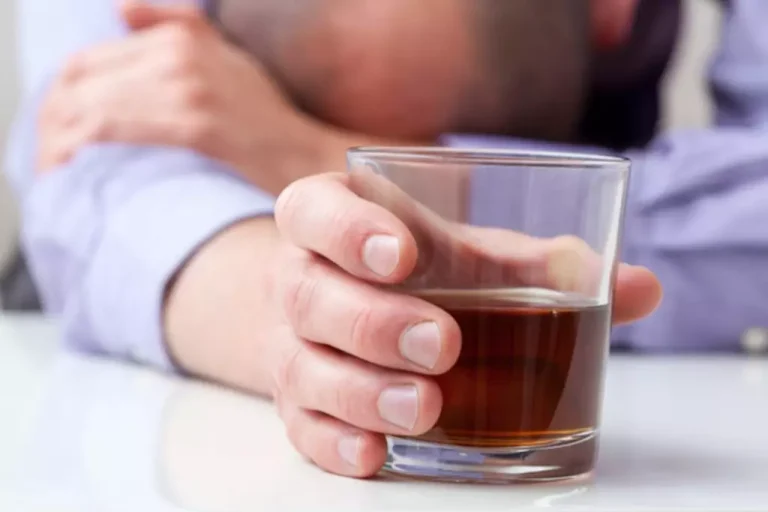
The projections that transmit electrical impulses from one nerve to another, known as axons, are usually impacted by nerve injury. It also damages myelin, the fatty coating that surrounds and protects the nerves. Take the following steps if you suspect you have neuropathy from overconsumption of alcohol. Autonomic nerves are concerned with alcohol neuropathy stages muscular functions which are reflexive, such as breathing, heartbeats and peristalsis (rhythmic movements of the intestines).

Effective Treatments for Neuropathic Pain

Alcoholic neuropathy can affect both sensory and motor nerves, causing pain, hypersensitivity, numbness, muscle weakness, and lack of coordination and fine motor controls, largely in the extremities. Alcoholic neuropathy is a form of nerve damage caused by excessive alcohol consumption, affecting the peripheral nerves responsible for transmitting messages between the central nervous system and the body. It can lead to symptoms such as tingling, numbness, muscle weakness, and gastrointestinal issues. Other risk factors include genetic predisposition, male gender, and the type of alcohol consumed. The precise mechanisms behind the development of neuropathy in chronic alcohol abusers remain unclear.

How to Prevent Alcoholic Neuropathy
Only the degree of nerve damage is determined by the nerve tests; the cause of neuropathy is not. Once a person has stopped drinking, they can receive continued care for their nerve damage in addition to treatment for alcohol addiction. The most effective way to treat alcoholic polyneuropathy is to seek professional help from a medical doctor.

Methylcobalamin for the treatment of peripheral neuropathy
- If allowed to progress, alcoholic neuropathy will become more obvious.
- This commonly presents with pain, paresthesias, and ataxia in the distal lower extremities.
- Consultation with a nutritionist may be indicated to help formulate strategies for replacement of essential nutrients in malnourished alcoholic patients.
- Physical therapy is essential for improving muscle strength, coordination, and overall mobility.
- Alcoholic neuropathy is damage to the nerves that results from excessive drinking of alcohol.
These issues can lead to long-term health conditions and can impact every aspect of your life. Epidermal nerve fibre density was assessed in two studies, both of which supported decremental nerve fibre density distally in the lower limb, anecdotally supportive of a length-dependent pattern 53, 63. Due to the breadth of the literature surrounding this topic, this review shall focus exclusively upon peripheral neuropathy, without discussing autonomic neuropathy.
- Like many other types of diseases, neuropathy from alcohol abuse doesn’t progress in all individuals the exact same way.
- According to the National Institutes of Health (NIH), it is estimated that about half of those who have heavy alcohol intake will develop alcoholic polyneuropathy at some point in their life.
- Preventing alcoholic neuropathy is fundamentally about managing our alcohol intake.
- Recognizing alcohol neuropathy symptoms early is key to preventing further nerve damage.
- Although axonal degradation frequently starts before a person exhibits any symptoms, alcoholic polyneuropathy typically develops gradually over months or even years.
- Light touch can feel exaggerated and painful, particularly in the fingers and toes.
- Recognizing the early signs and seeking prompt treatment can significantly mitigate the condition’s impact, allowing for better treatment outcomes and reducing the risk of permanent damage.
- If a person does not stop drinking, the issues connected to alcoholic neuropathy will fail to recover and may become permanent.
Depletion of glutathione increases the susceptibility of neurones to oxidative stress and hyperalgesia 43, 44. The diagnosis of alcoholic neuropathy involves a combination of medical history, physical examination, and possibly blood tests or nerve tests such as electromyography (EMG) and nerve conduction studies (NCV). Severe alcoholic neuropathy may cause motor weakness due to nerve damage. Our muscles need to receive a message from nearby nerves in order alcoholism symptoms to function. When this message is interrupted due to damaged nerves, the muscles cannot function as they normally would.

Occupational Therapy
A mechanism of cisplatin chemotherapy-induced peripheral neuropathy was elucidated in an https://ecosoberhouse.com/ in vitro mouse model. Apoptosis of neurones was induced by cisplatin, but pre-incubation with N-acetylcysteine completely blocked apoptosis 112. Acetyl-L-carnitine has been tested in clinical 102 and animal studies 103 for the treatment of chemotherapy-induced peripheral neuropathy. The decreases in nerve conduction velocity were significantly less in groups supplemented with acetyl-L-carnitine. In addition, acetyl-L-carnitine did not interfere with the antitumour effects of the drugs. Nerves don’t have a resilient ability to regenerate if they are severely damaged.
